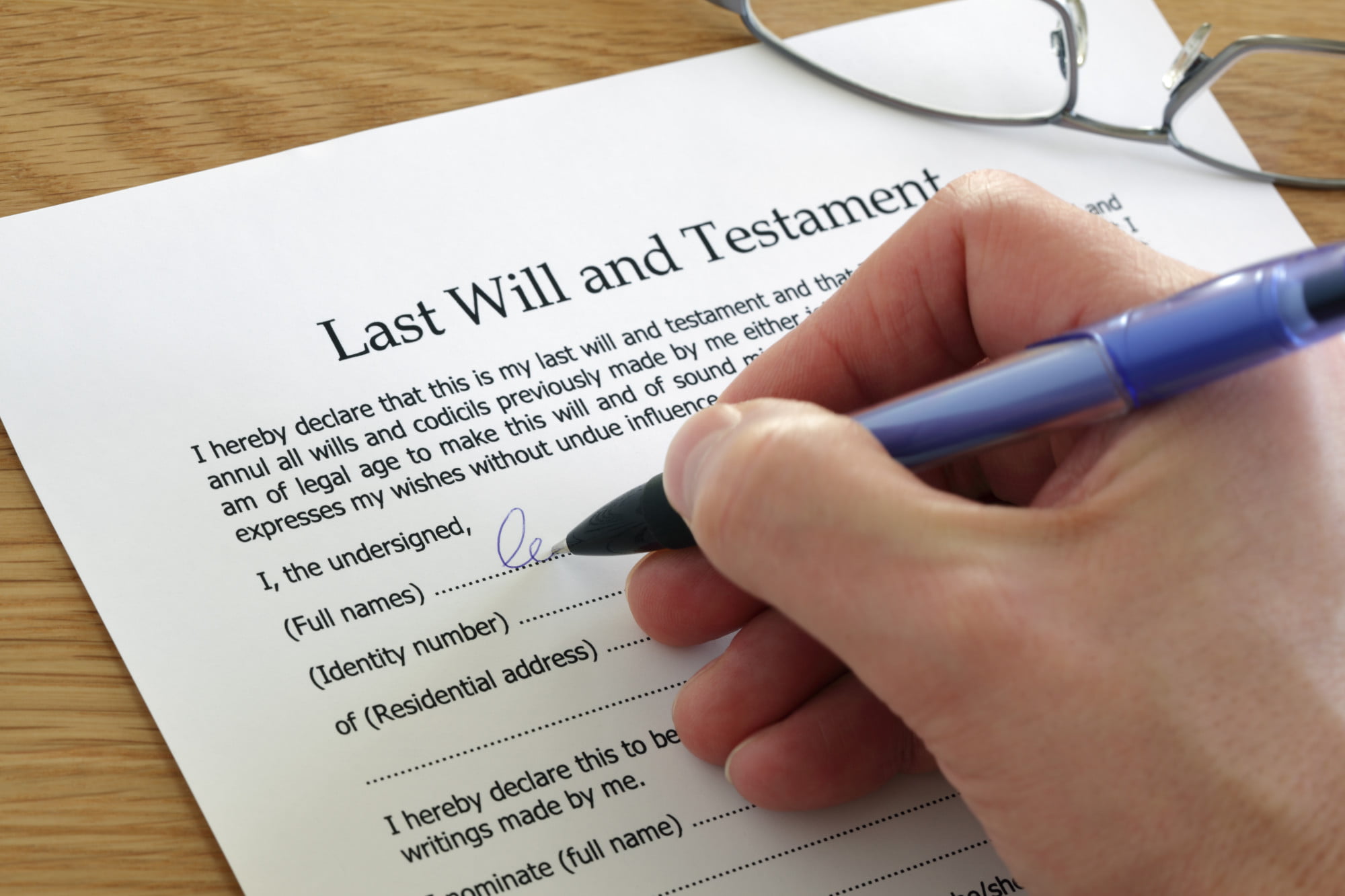Do I Need a Will in Texas?
Do I need a will in Texas?
Absolutely. Everyone who owns any assets (including your car, home, collectibles, life insurance policies, etc.) needs a will. It’s such a cut and dry answer you could stop reading after this paragraph.
But you’re the kind of person who wants all the facts, so we know you won’t.
People hold this (incorrect) belief that only rich people need wills. Even if you have very few assets, your will can detail what you want to be done with your body after you die, such as burial or cremation preferences.
What Is a Will?
A will is a document that states who gets what in the event of your death. If you have outstanding debts, your will has instructions on how to pay them, where to find the money, and the legal permission for that person to access their private accounts.
Wills can be as straightforward or as complex as you want. If you have a lot of assets and resources, you may want to establish a trust, which is part of an estate planning packet.
Estate planning documents include your trust, your will, your final directions, and other documents you can find at estatelawtexas.com.
While it takes some work to set up now, you’ll save your friends and family hours of work in the future, giving them proper time to grieve.
What Happens if I Don’t Have a Will in Texas?
Texas is an “intestate succession” state. That means that without a will, your assets will go directly to your closest family members.
While that’s a simple explanation, it’s not a simple process. It involves the court valuing each asset (with their own figures), deciding what community and separate property are for this case, and then doing their best to distribute things evenly.
Types of Property
Community property is anything the deceased person acquired while they were married that was jointly received. By jointly received, we mean the couple considered it “owned” by both.
Joint checking accounts, homes purchased as a couple, and the family car are usually considered community property. However, not everything post-nuptial is automatically assumed to be jointly owned. There are prenups to consider and personal accounts that would make something separate property.
Under Texas law, separate property is something that belongs only to the deceased individual. For example, if the deceased bought their car with their own funds from their personal (non-joint) account, that’s separate from the marriage property.
Instead of letting the court go through this lengthy process, having a living will be created by an estate lawyer will make things easier on everyone.
How to Establish a Living Will and Trust
If you have a family lawyer, they can help you create your living will in Texas. If you’ve never worked with a lawyer before, search for an estate lawyer near you. They specialize in estate planning and can help you create a living will and trust.
We hope you enjoyed this glimpse into Texas estate laws. For more legal content, bookmark Lawyd.




